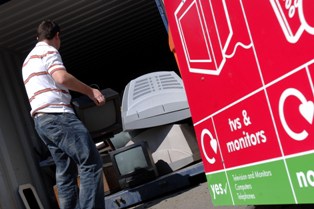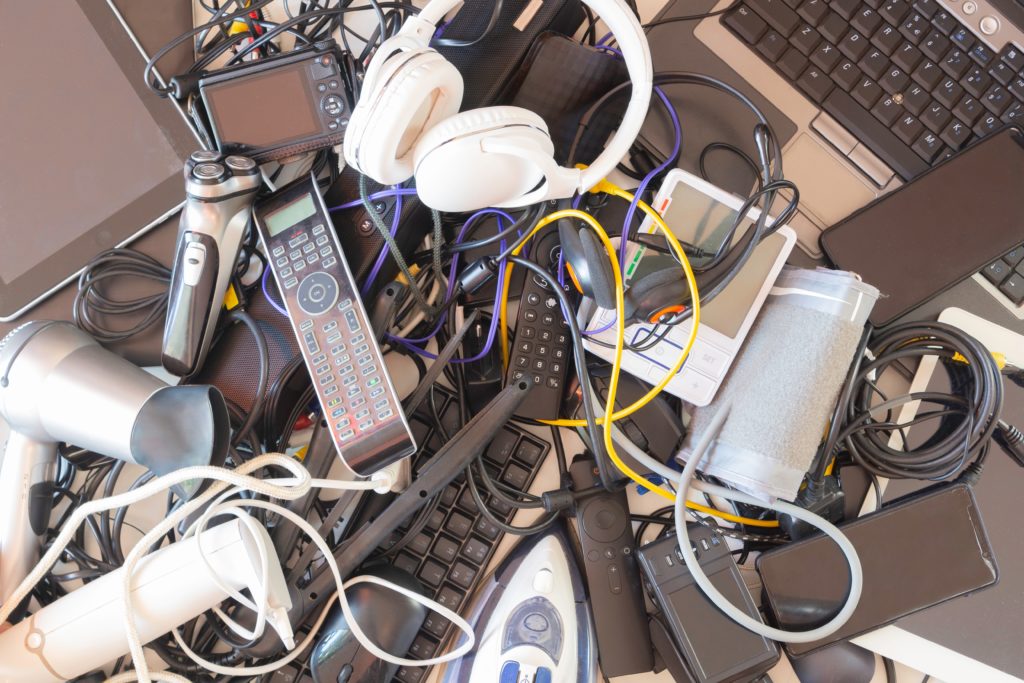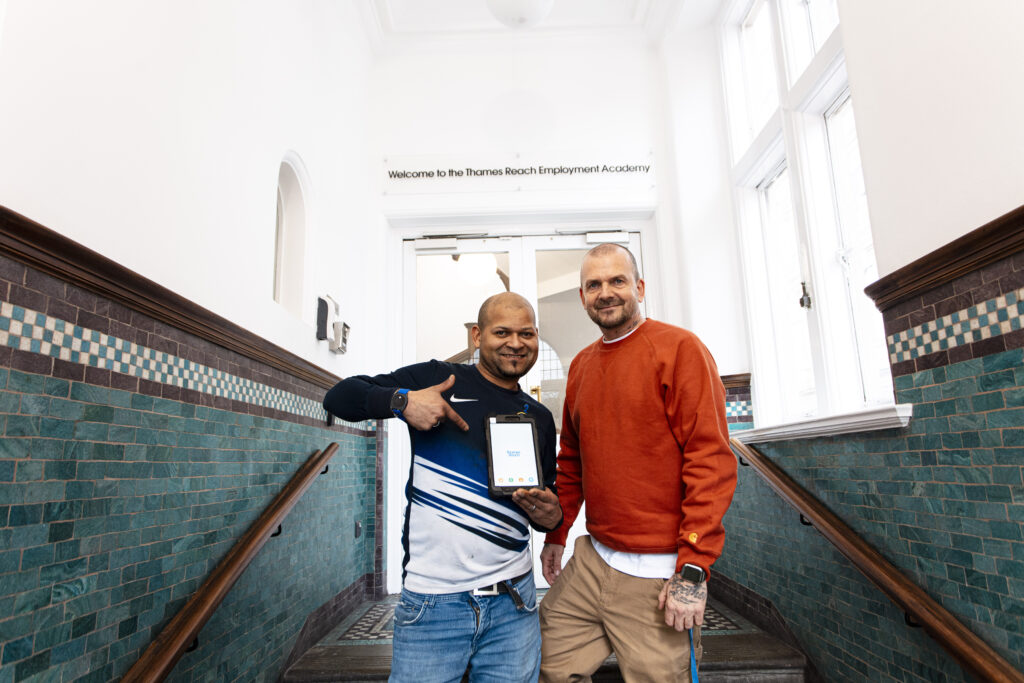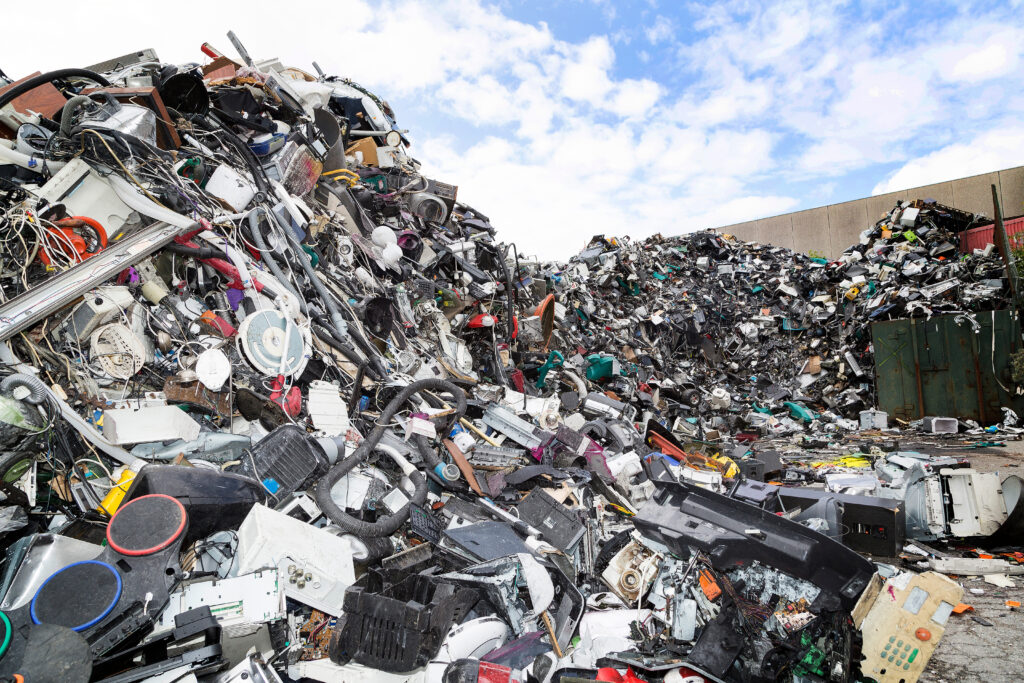The Department for Business, Innovation and Skills (BIS) has prepared businesses for forthcoming changes to the WEEE system, with guidance on how the regulations will apply issued on Friday (November 1).
The guidance, produced for organisations including electronics producers, retailers, waste management firms, local authorities, producer compliance schemes and WEEE recyclers outlines the scope of the WEEE regulations from January 1 and what businesses will need to do to meet their obligations.

Details of how each producer compliance schemes obligation will be calculated have been provided, with BIS explaining that schemes will be made aware of their collection requirements which are proportionate to the amount of new material placed onto the market by its members by March 31.
However the methodology used to set the compliance fee, which schemes will be liable to pay if they miss their individual collection targets, have yet to be finalised, with BIS stating that a methodology is set to be approved during the compliance period.
According to BIS, the methodology will consider the various costs associated with the collection, treatment, recovery and disposal of WEEE- funds from which will be re-invested in the collection network with a view to increasing collection rates through local authorities.
Takeback
The guidance also contains details of how distributors of electronic goods will be required to meet their obligation to provide takeback facilities for small WEEE items of less than 25cm in length by offering free of charge in store takeback to consumers, or through the Distributor Take-back Scheme (DTS).
For local authorities, BIS explains that the impact of the 2013 regulations will be broadly similar to the current regime, with the added option of councils being able to opt to self treat specific WEEE streams deposited at designated collection facilities (DCFs).
Local authorities that choose to self-treat one or more WEEE streams are required to notify BIS by January 31 if they intend to do so, whilst also supplying tonnage data for the WEEE stream collected at the relevant DCF in the previous year.
Related Links
Details of the changes to the way that the system for financing the collection and treatment of waste electricals will be administered in the UK were first revealed by BIS last month (see letsrecycle.com story). The changes were brought about to bring the requirements of the recast EU WEEE Directive into UK law and to address concerns from producers that the cost of compliance with the regulations did not reflect the true cost of recycling.











Subscribe for free